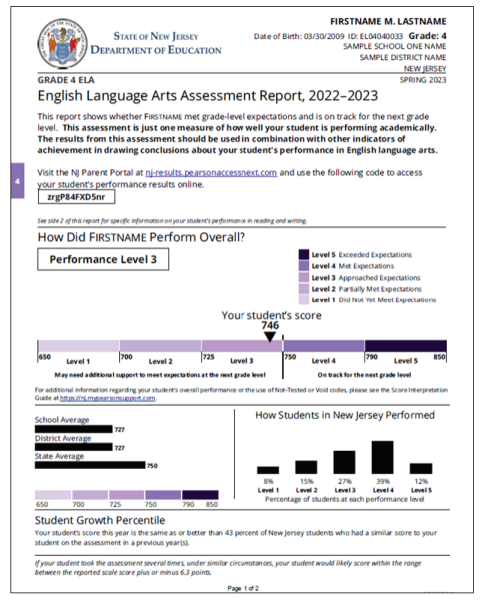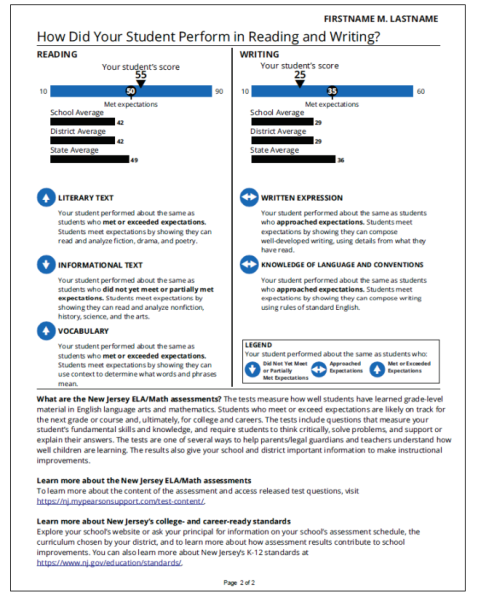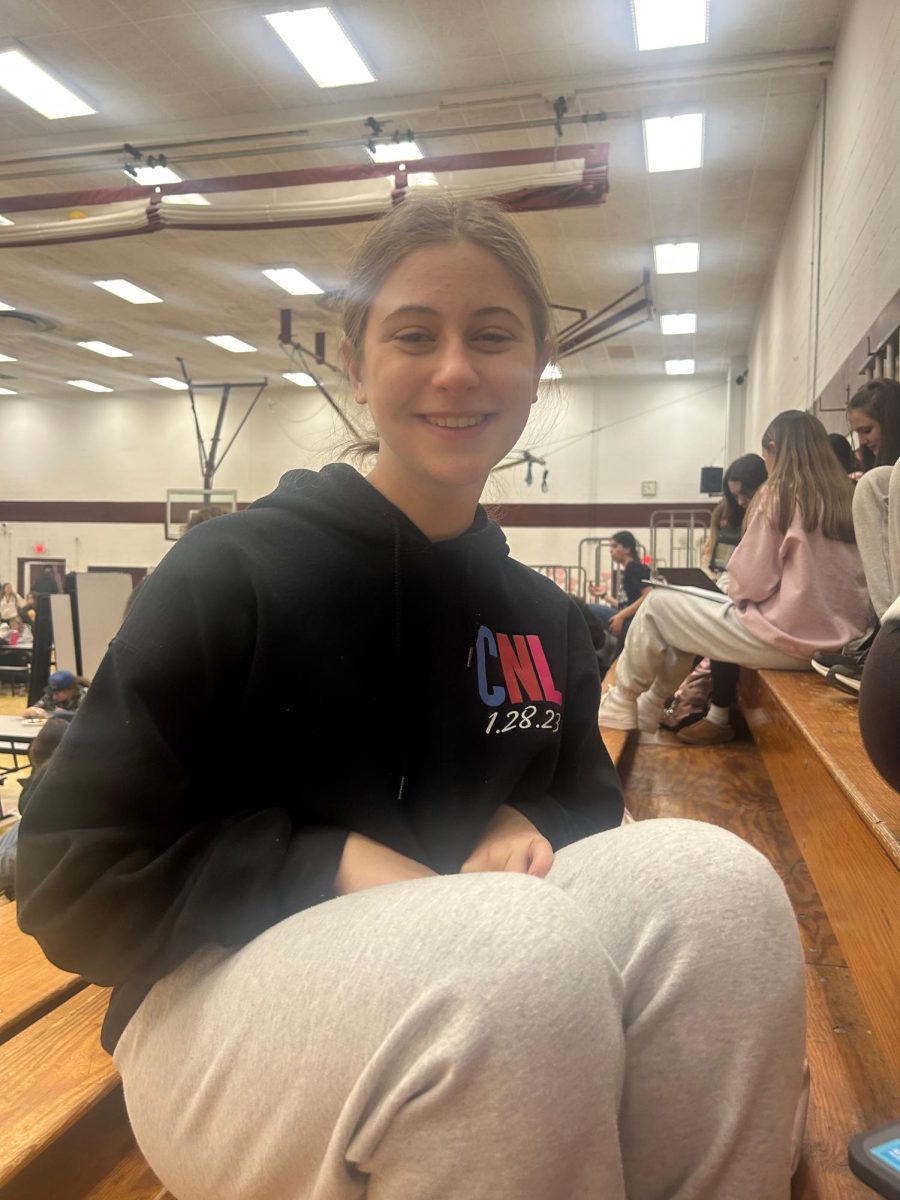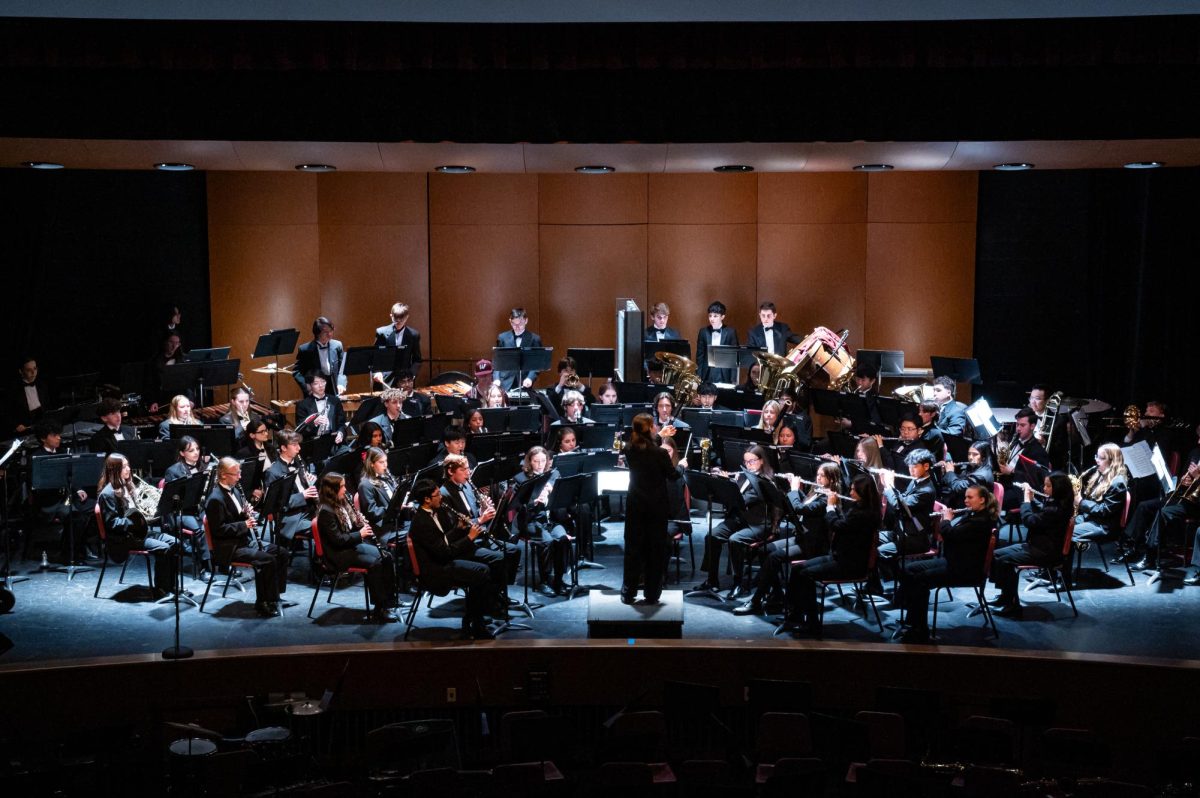
During the month of May, freshmen and juniors in Wayne Hills High School are taking the NJSLA testing. The NJSLA is administered to students in grades 3 through high school. This annual assessment serves as a valuable tool for evaluating students’ academic growth and readiness for higher education or other professional endeavors.
Furthermore, NJSLA or the New Jersey Student Learning Assessments are various assessments that are given by the state to evaluate the development of students’ academic growth as well as prepare them for future educational pathways. These evaluations are to check student proficiency mainly in the subjects of English Language Arts, mathematics, science (for specific grade levels), and social studies (for specific grade levels). These test formats can include multimedia such as videos or audio recordings, or simply synthesizing and reading across various texts.
The students are assessed for a specified time duration depending on the subject they are taking and are being evaluated on various criteria such as knowledge retention, problem-solving abilities, critical thinking skills, and mastery of the subject matter. For the NJSLA-ELA, it is typically 150 minutes for 3rd graders and 180 minutes for 4-8 graders. For the NJSLA-Math, there are 3 sections for grades 3-8 where each unit is 60 minutes while Algebra is separated into 2 units and takes 90 minutes each.
Many students had different experiences depending on their level of math/ELA proficiency, highlighting the different encounters across the spectrum of academic readiness. Freshman Ebrar Keskin took the NJSLA assessment and she believes that “In the math section (Algebra), most of the problems were easy, but there were questions on topics I hadn’t seen before, and I had difficulty recalling some of the topics we covered earlier in the year. I am also an ESL student, which is why I didn’t participate in the English part of the test.” Following that, depending on individual proficiency, many students had varied situations during the assessment.
Additionally, there are also different scale scores on how the various subjects are assessed. For both ELA and mathematics, the scale scores can range from 650-850 for all grades while the science scale scores usually range from 100-300 for all grades as well. Lastly, the reading score ranges from 10-90 while the writing scores range from 10-60.
Overall, by participating in the assessment, not only do students demonstrate their understanding and mastery of the standards that are given but they also develop their ability to think critically and apply their knowledge to these situations. Many changes have been made to the NJSLA testing which initially measured the basic skills of students but then moved on to state acad

emic standards which is why many students have to take the NJSLA, not only to showcase their comprehension and
proficiency of the prescribed standards but also to enhance their capacity for critical thinking and the practical application of their knowledge.
For more information, you can check out these resources: New Jersey Student Learning Assessments, NJSLA Guide, and All About NJSLA







